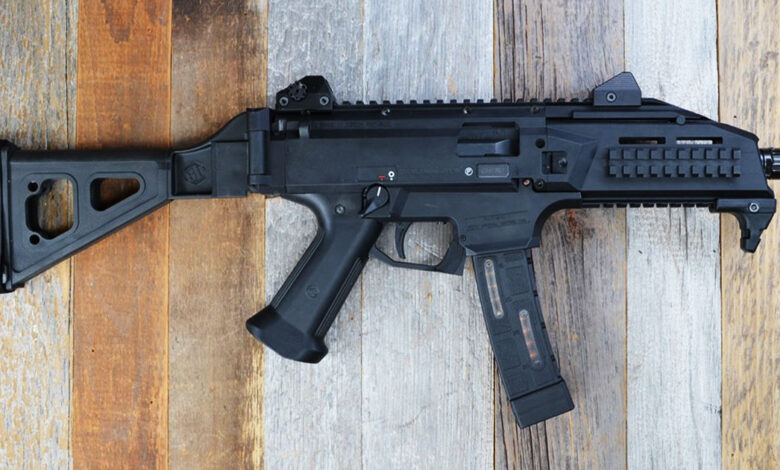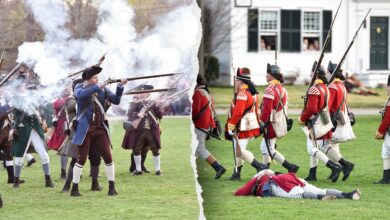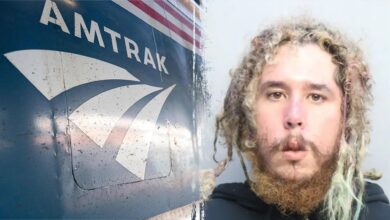Trump’s DOJ Drops Charge Claiming Braced Pistol Was an Illegal Short-Barreled Rifle

Listed To This Article: Play in new window | Download | Embed
You can also subscribe via Apple Podcasts | Spotify | Amazon Music | Android | | More
WASHINGTON, D.C. — A controversial federal gun charge has been dropped against Taylor Taranto, a man accused of illegally possessing a braced pistol that the government claimed was a short-barreled rifle (SBR). The move by President Trump’s Department of Justice marks a key moment in the ongoing fight over how braced firearms are classified under federal law.
According to court documents, Taranto was originally charged with possessing an unregistered SBR after he was found with a CZ Scorpion pistol equipped with a stabilizing brace. The charge was based on the claim that the brace made the firearm a “rifle” under the National Firearms Act (NFA) — and because it had a barrel shorter than 16 inches and wasn’t registered, it was considered illegal.
However, federal prosecutors have now filed a motion to dismiss that charge “in the interest of justice.” That means Count One of the indictment — the NFA violation — is no longer being pursued.
The key issue here was how the firearm was classified. The DOJ argued that a gun with a brace couldn’t legally be considered a pistol if it was designed or intended to be fired from the shoulder. In other words, they said a gun cannot be both a pistol and a rifle. That interpretation would have made thousands — possibly millions — of brace-equipped pistols illegal overnight.
Second Amendment supporters have strongly pushed back against this kind of classification. The ATF’s shifting stance on braces has caused confusion and concern in the firearms community. For years, stabilizing braces were considered legal when used as intended. But in 2023, the ATF issued a new rule saying
many braced pistols were now SBRs, requiring registration under the NFA.
In Taranto’s case, public attention and pressure from gun rights advocates may have played a role in the decision to drop the charge. Firearms commentator Mrgunsngear credited the shift to grassroots activism, thanking those who raised awareness and contacted members of the Trump administration.
Although the federal SBR charge has been dropped, Taranto still faces a separate D.C. local charge for carrying a pistol without a license. That case is ongoing.
This outcome is important for the 2A community. It shows that pushing back on overreach matters — especially when it comes to how federal agencies interpret and enforce firearms laws. Millions of law-abiding Americans own braced pistols, and this case highlights the risk of vague or changing rules turning ordinary gun owners into criminals.
As legal challenges to the ATF’s brace rule continue in the courts, the dismissal in this case is a small but meaningful win for Second Amendment rights and due process.
Read the full article here






